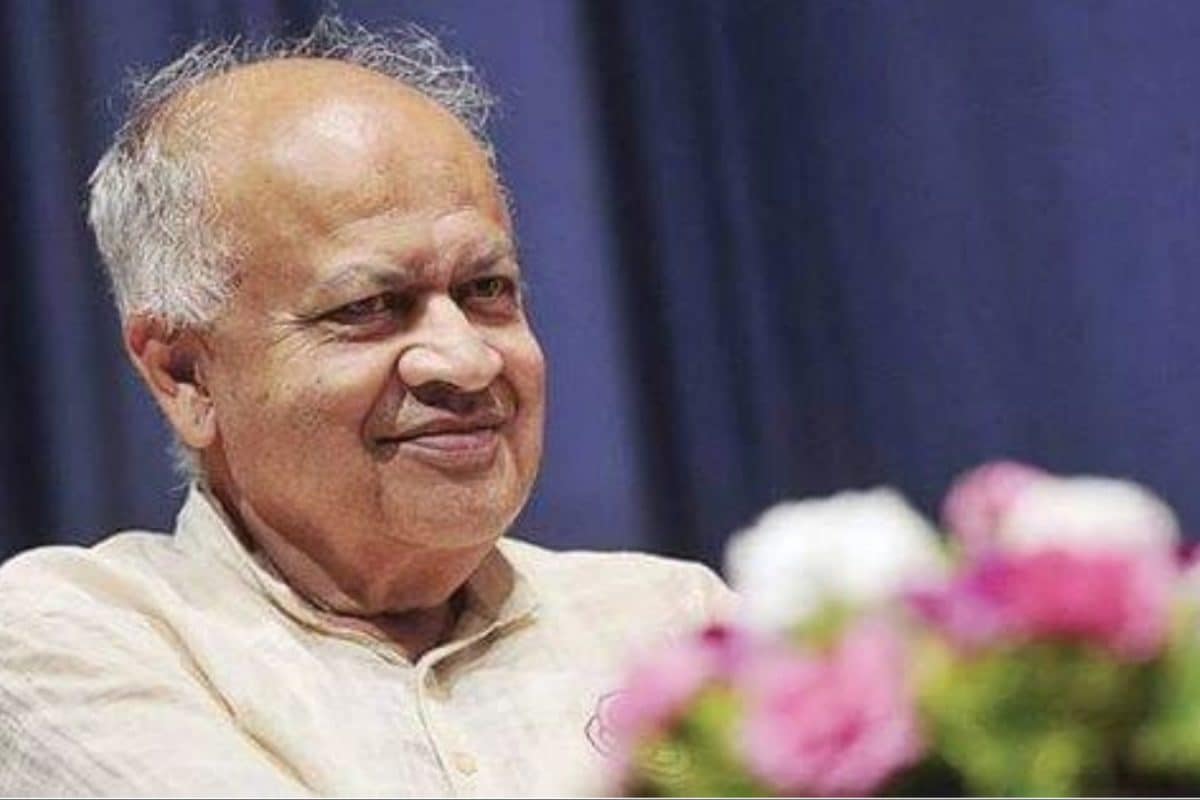

Dr. Jayant Vishnu Narlikar, a celebrated Indian astrophysicist, cosmologist, and science communicator, passed away on May 20, 2025, at the age of 86 in Pune due to age-related ailments. His death marks the end of an era for Indian science, leaving behind a profound void in the fields of astrophysics, cosmology, and science popularization.
Born on July 19, 1938, in Kolhapur, Maharashtra, Jayant Narlikar hailed from a family deeply rooted in academia. His father, Vishnu Vasudev Narlikar, was a renowned mathematician and theoretical physicist, who served as Professor and Head of the Department of Mathematics at Banaras Hindu University (BHU). His mother, Sumati Narlikar, was a scholar of Sanskrit. This intellectual environment nurtured young Jayant's interests in mathematics and science.
Narlikar's academic journey began at the Central Hindu College, and he received his B.Sc. degree from Banaras Hindu University in 1957. Driven by a thirst for knowledge, he pursued higher studies at Cambridge University, following in his father's footsteps at Fitzwilliam College. He earned a B.A. (Tripos) degree in mathematics in 1959, achieving the esteemed position of Senior Wrangler. His brilliance in astronomy was further recognized with the Tyson Medal in 1960. He won the Smith's Prize in 1962 during his doctoral studies at Cambridge. He continued to distinguish himself, earning a Ph.D. in 1963, an M.A. in 1964, and a Sc.D. in 1976, specializing in the fields of astronomy and astrophysics.
Narlikar's contributions to astrophysics are vast and significant. He is best known for his work with Sir Fred Hoyle, with whom he developed the conformal gravity theory, also known as the Hoyle-Narlikar theory. This theory presented an alternative to the Big Bang model, proposing that the inertial mass of a particle is a function of the masses of all other particles, multiplied by a coupling constant dependent on cosmic epoch. This theory synthesized Albert Einstein's theory of relativity and Mach's principle, marking a significant contribution to the field of cosmology. His research also delved into areas such as Mach's principle, quantum cosmology, and action-at-a-distance physics. He also contributed significantly to the study of quasars and black holes.
In 1972, Narlikar returned to India and joined the Tata Institute of Fundamental Research (TIFR) in Mumbai, where he led the Theoretical Astrophysics Group. Recognizing the need for a dedicated center for astronomy and astrophysics in India, he founded the Inter-University Centre for Astronomy and Astrophysics (IUCAA) in Pune in 1988. He served as its Director until 2003, transforming it into a world-renowned institution for research and education in the field. From 1994 to 1997, he served as the President of the Cosmology Commission of the International Astronomical Union.
Beyond his research, Narlikar was deeply committed to science communication and popularization. He authored numerous books, articles, and science fiction stories in English, Hindi, and Marathi, making complex scientific concepts accessible to a wider audience. His efforts were recognized by UNESCO in 1996 with the Kalinga Prize.
Narlikar's contributions were recognized with numerous accolades throughout his career. The Government of India honored him with the Padma Bhushan in 1965 and the Padma Vibhushan in 2004. He was also the recipient of the Smith's Prize (1962), the Adams Prize (1967), the Kalinga Prize (1996), the Prix Jules Janssen (2004), the Maharashtra Bhushan (2010), and the Sahitya Akademi Award (2014).
His wife, Mangala Narlikar, a distinguished mathematician, teacher, and scientific educator, passed away in 2023. They are survived by their three daughters, Geeta, Girija, and Leelavati, all of whom have pursued careers in science.
Jayant Narlikar's legacy extends beyond his scientific achievements. He was an inspiring figure who played a pivotal role in fostering scientific temper and promoting astronomy education in India. His work continues to inspire generations of scientists and science enthusiasts.